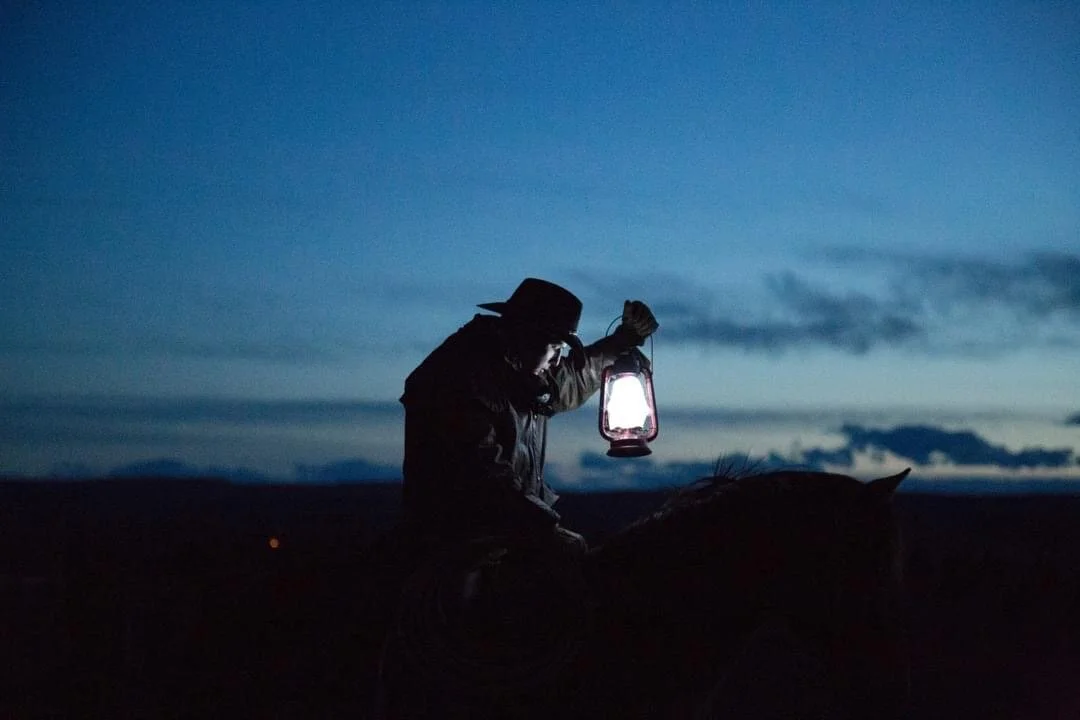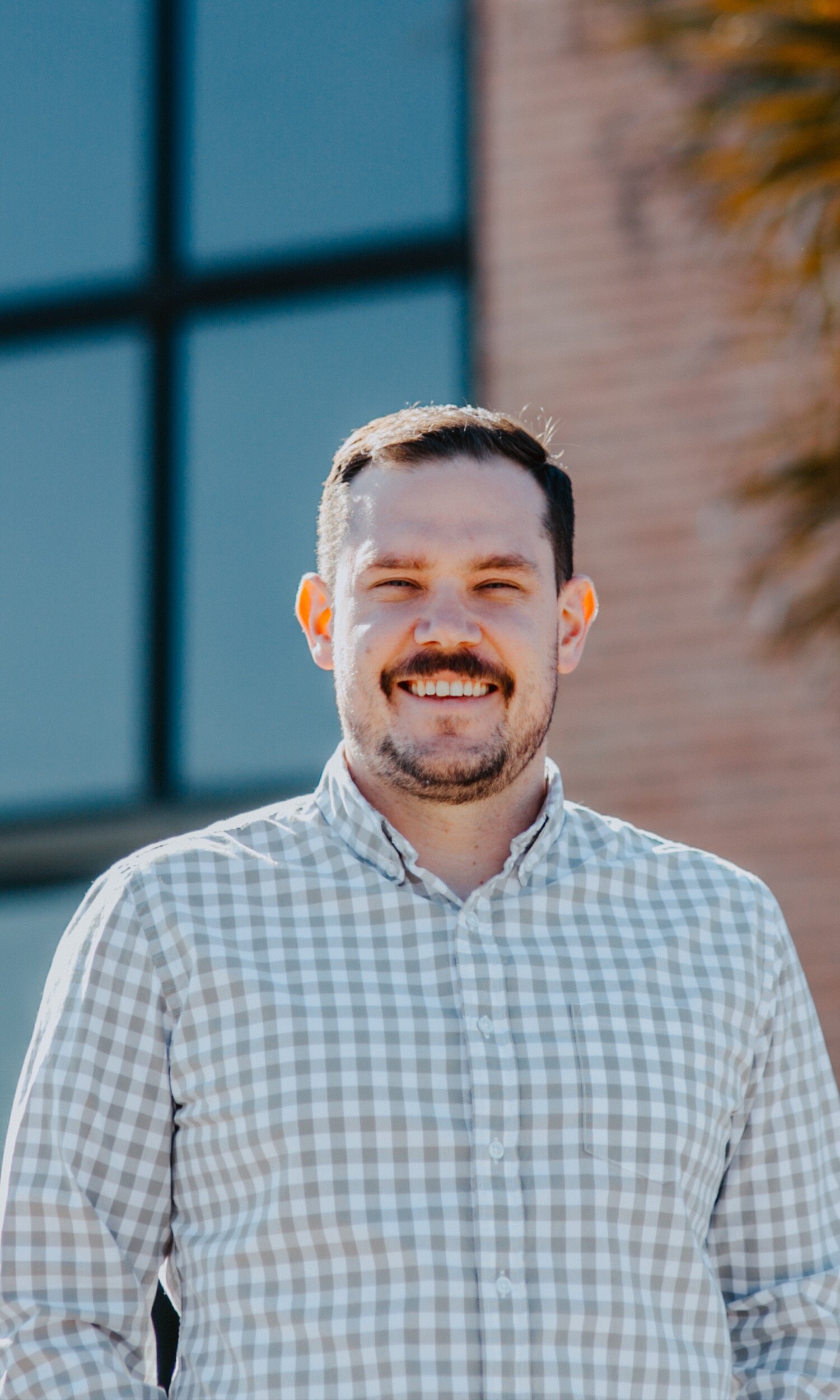I realized recently that I fundamentally misunderstood the appeal of those lone-ranger gunmen stories I remember my dad loving.
Last week I finished the powerfully-written little novel, The Shootist by Glendon Swarthout. The novel is about a legendary outlaw who discovers he's terminally ill with late-stage cancer. It's a reflection on life, death, and legacy, but ends with a profoundly beautiful display of self-sacrifice.
Last Wednesday night on the way to community group, I had an epiphany.
You'll often hear Christians speak against “lone-ranger Christianity.” This criticism is directed at a kind of individualism that refuses to be tied down and exists apart from any form of Christian fellowship. It's resistant to knowing and being known by others, it wanders from town to town (i.e., church to church), and it's a kind of proud, consumeristic, and self-centered posture towards others that is foreign to biblical Christianity. Christians bemoan our formation by a kind of rugged, individualistic American ideal typified in Westerns. There's obviously some truth to that.
But I suspect these Westerns say much more than that. I believe they speak to something profoundly true, that we know intuitively, and call us to something deeply meaningful.
In the Book of Job, after having been afflicted by God, a grief-stricken Job declares, “Naked I came from my mother’s womb, and naked shall I return. The LORD gave, and the LORD has taken away; blessed be the name of the LORD.” (Job 1:21) There's a sense of nakedness we experience in birth and death. We are born literally and figuratively naked. We own nothing, we brought nothing with us, we pass through the birth canal naked — all by ourselves. So it is with death. We take nothing and no one with us, not even our own glory (Ps. 49:17; 1 Tim. 6:7).
Of course, we're never alone in the strictest sense. We may have others physically at our side — the Lord Himself makes this promise (Matt. 28:20). But our individual experience is one of inescapable loneliness. It's as if every experience between birth and death is also marked by a sense of how alone we are. There's always a chasm between me and everyone and everything else. I feel on the outside. I'm not sure I could tell you what I feel on the outside of, but I feel it, nonetheless. It's as if I'm a lone ranger, a no-name drifter, but not by my choosing, wandering from town to town with no place to lay my head. We are born alone, we live alone, and we die alone. We pass to the other side single-file. The Preacher tells us, "that Same Event happens to the righteous and to the wicked.” (Ecc. 9:2). We all go riding off into the sunset alone eventually.
What do we do with this? What can we do with this? We could ignore it. But who can ignore something so crushing, so there? We could drown it out with noise and social media scrolling, but doesn't that only deepen it? We could try and crush it would a Cause or outrage, but that only makes us bitter and resentful.
So what can be done?
All the best of those stories go something like this: A no-named drifter wanders into town. It's not clear what his intentions are, either to himself or others. Maybe he's up to no good, maybe he's there for a drink and a night's rest, maybe he's there to collect a bounty — “You worry about your business, I'll worry about mine” they snarl, chewing scenery and a cigar.
Until inevitably a few ne'er-do-wells come to town. They're there to collect a dead man's debt from a helpless widow or exploit the townsfolk. The gunman, often reluctantly at the outset, applies his strength to that town or that widow or that baby Yoda, his ambivalence wears thin and he learns to love them.
And what could be more profound? A homeless, nameless, meaningless drifter discovering the beauty of obligating himself to the good of others.
"Greater love hath no man than this, that a man lay down his life for his friends.”(John 15:13, KJV)
That's the compelling nature of these stories. No-name drifters making the burdens of strangers their own before riding off into the sunset is deeply meaningful; it's true, it's good, and it's beautiful.
There's an inevitable loneliness to things. You are a lone ranger. You are a no-named drifter. Naked you come, naked you are, naked you go. You will ride off alone into the sunset. What will you choose to do in the meantime? Will you can give yourself over to drifting, despair, or resentment? Or will you choose to learn the beauty of obligating yourself to others in those few short years before the sunset comes calling?
Indeed, this is where we find life.
"Whoever loves his life loses it, and whoever hates his life in this world will keep it for eternal life.” (John 12:25)
Trevor Hoffman
Teaching Pastor, Narnian, Living every week like it’s Shark Week



